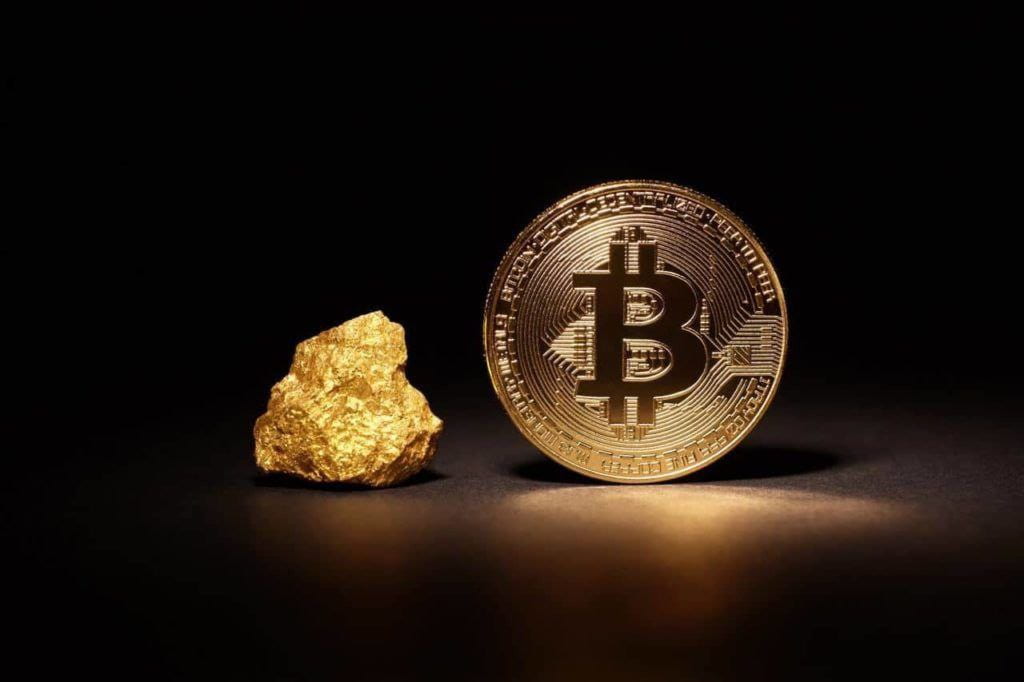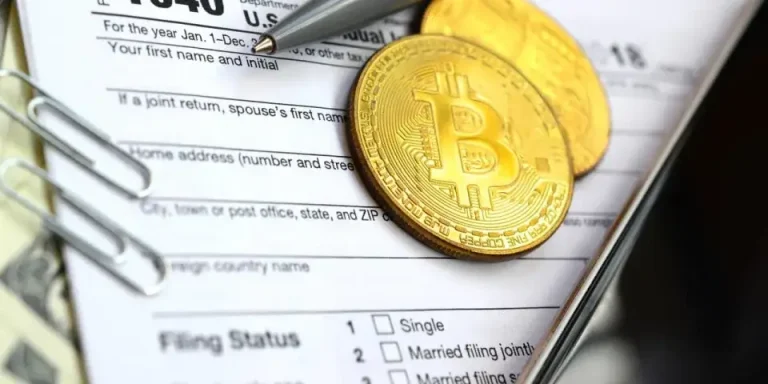Key Takeaway
| Feature | Gold | Bitcoin |
|---|---|---|
| Risk | Generally considered lower risk | Generally considered higher risk |
| Volatility | Less volatile | More volatile |
| Intrinsic Value | Has intrinsic value due to industrial uses | No inherent value |
| Potential Growth | Lower potential for high growth | Potentially higher growth but unproven over the long term |
The age-old debate over safe-haven assets has been reignited by a prominent US economist, Peter Schiff. Schiff has thrown his weight behind gold, claiming it possesses a significant advantage over Bitcoin in this category.
Schiff’s Argument for Gold
Schiff argues that Bitcoin’s speculative nature and lack of intrinsic value make it a riskier investment compared to gold. Bitcoin’s price has been known for wild swings, and its value is primarily driven by speculation and market sentiment. On the other hand, gold boasts a long and illustrious history as a store of value. It’s been used as a form of currency for centuries and continues to hold value even during economic turmoil. Additionally, gold has numerous industrial applications, further solidifying its worth.
Here’s a table summarizing Schiff’s key points:
| Factor | Advantage for Gold | Disadvantage for Bitcoin |
|---|---|---|
| Volatility | Less volatile | More volatile |
| Intrinsic Value | Has intrinsic value due to industrial applications | No inherent value |
| Historical Performance | Long history as a store of value | Relatively new asset class with limited historical data |
Gold vs Bitcoin: A Tale of Two Assets
Schiff’s Prediction
Schiff goes a step further, predicting a significant decline in Bitcoin’s price over the long term. He believes Bitcoin’s speculative bubble will eventually burst, leading to a major price correction. Conversely, Schiff anticipates a rise in gold prices due to its established role as a safe-haven asset and potential for increased demand in the future.
It’s Not All Gold That Glitters
It’s important to acknowledge that Schiff’s perspective is just one viewpoint in the ongoing gold vs. Bitcoin debate. Proponents of Bitcoin highlight its potential for high growth and its function as a digital scarce asset, something gold cannot replicate.
Here’s a quick breakdown of some factors to consider when choosing between gold and Bitcoin:
- Risk Tolerance: If you have a low risk tolerance, gold might be a better fit due to its historical stability. Bitcoin’s price fluctuations might be too much for some investors.
- Investment Goals: Are you looking for a safe haven to protect your wealth or aiming for high-growth potential? Bitcoin offers the latter, but with greater risk.
- Diversification: Consider including both gold and Bitcoin in your portfolio for a more balanced approach, depending on your risk profile and goals.
Ultimately, the decision of whether to invest in gold or Bitcoin depends on your individual circumstances and investment strategy.
Should You Invest in Gold or Bitcoin?
There’s no one-size-fits-all answer to this question. Both gold and Bitcoin have their own unique characteristics and appeal to different investors. Here’s a table summarizing the pros and cons of each asset class:
| Asset Class | Pros | Cons |
|---|---|---|
| Gold | • Long history as a safe-haven asset • Relatively stable price • Tangible asset with industrial applications | • Lower potential for high growth • Less convenient to store and transport |
| Bitcoin | • Potentially high growth • Scarce digital asset • Decentralized and censorship-resistant | • Highly volatile • No intrinsic value • Relatively new asset class with limited historical data |
Remember, conducting your own research and understanding your risk tolerance are crucial before investing in either asset.
Final Thoughts
The debate over gold versus Bitcoin is likely to continue for some time. Schiff’s comments have certainly added fuel to the fire, highlighting the key differences between these two popular assets. Whether you’re a seasoned investor or just starting out, understanding the pros and cons of both gold and Bitcoin can empower you to make informed investment decisions.







